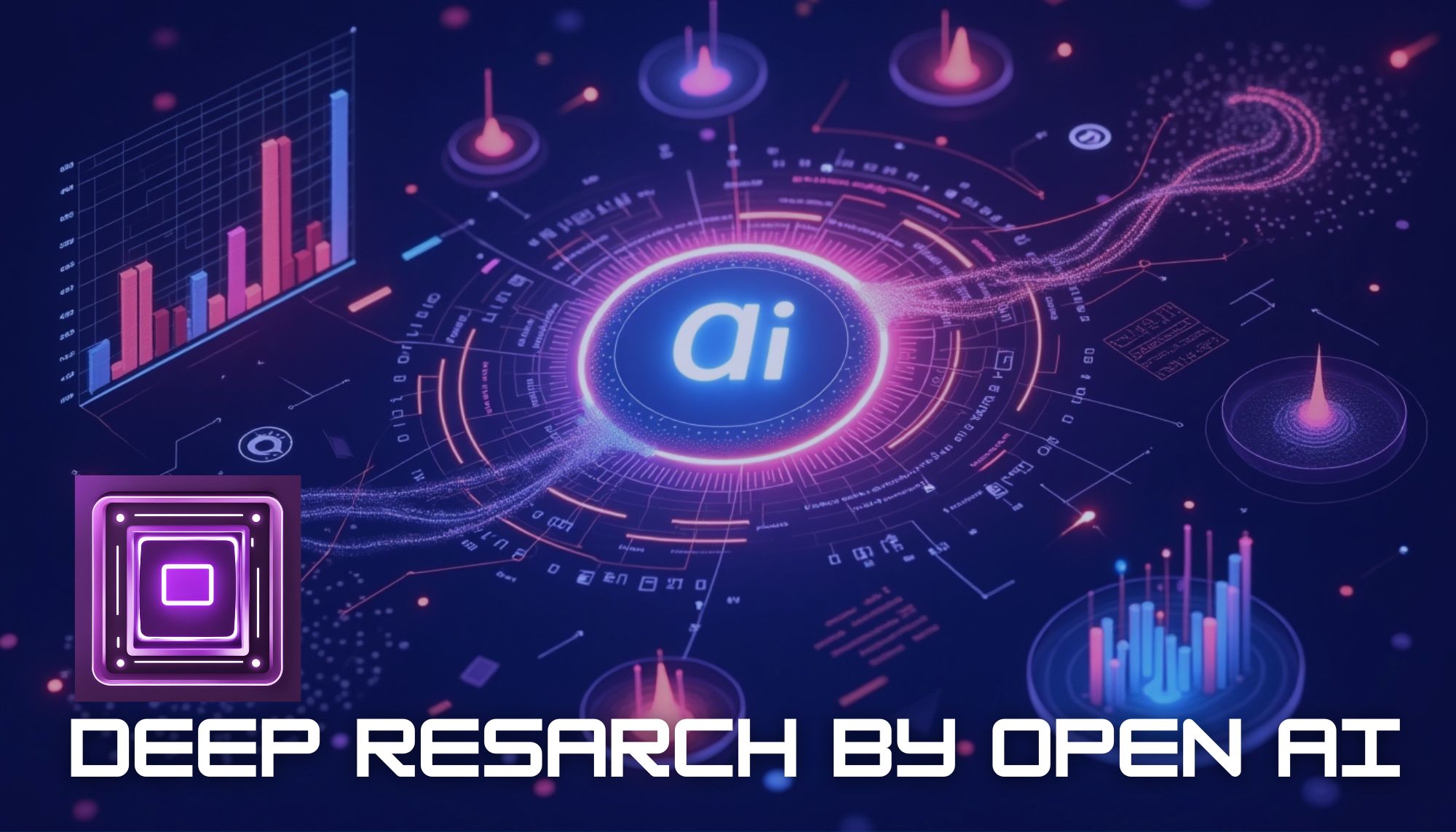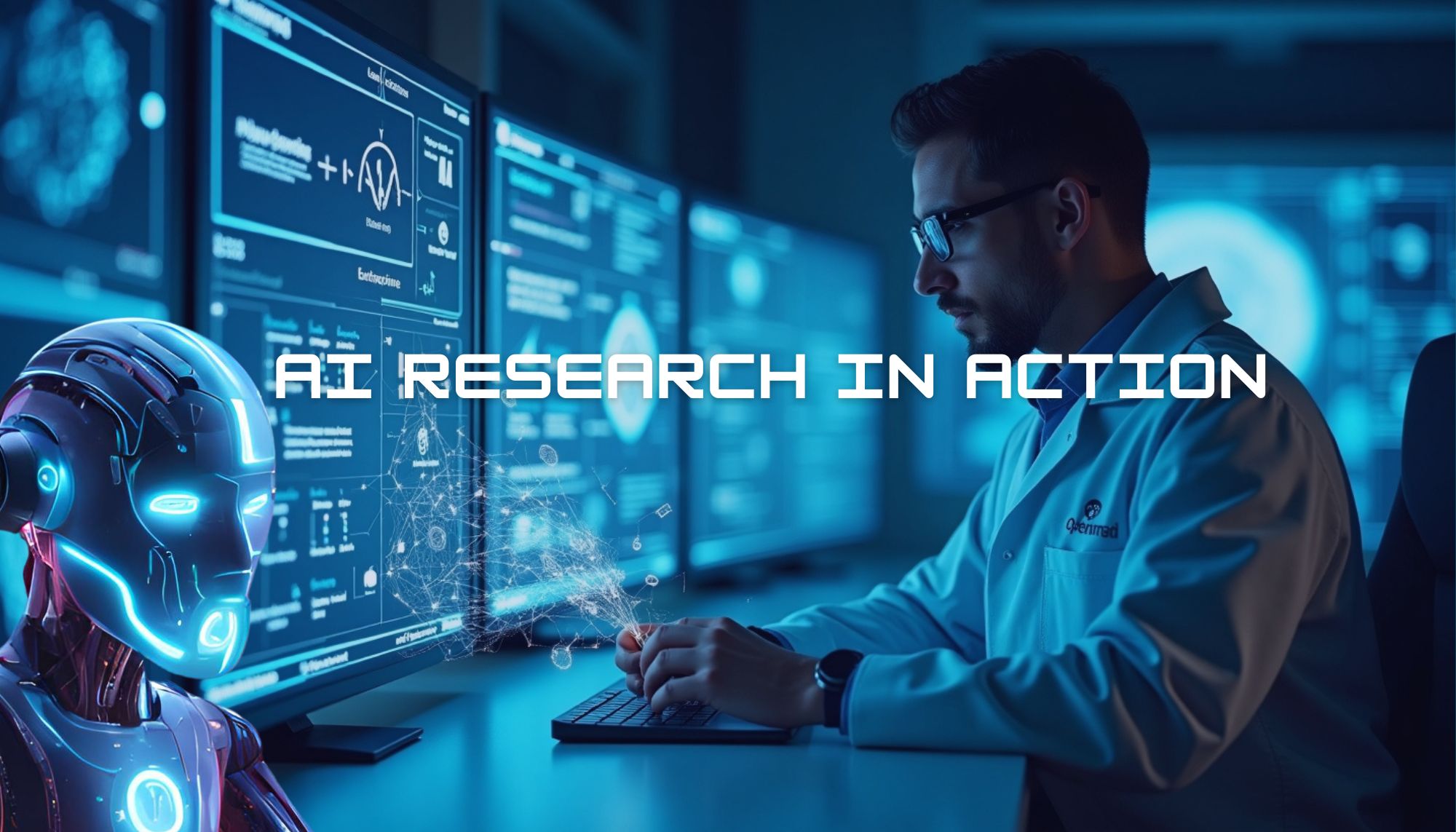What is OpenAI's Deep Research and how does it differ from other language models
Smash Code
Feb 08, 2025

OpenAI, known for its innovative language models, is advancing AI through its secretive new division, Deep Research. This initiative aims to redefine artificial intelligence's future.
Deep Research is designed to browse the web, summarize content, and answer questions based on that information, fostering more conversational interactions than traditional browsing. Companies like Bain & Company have already leveraged it for insights into complex industry trends, highlighting its practical applications in research.
What is the Potential of OpenAI's Deep Research
The potential of OpenAI's Deep Research is vast. In Natural Language Processing (NLP), it can enhance conversational agents, making them more engaging. It can also streamline content generation, producing high-quality articles, reports, and creative writing efficiently.
In healthcare, Deep Research can analyze complex data for medical diagnoses and develop personalized treatment plans based on individual patient information. In education, it can tailor learning experiences to individual styles and support intelligent tutoring systems that provide real-time feedback.
The business and finance sectors can utilize Deep Research for market analysis, gaining insights into consumer behaviour and trends, while also aiding in fraud detection by identifying suspicious patterns in transactions. Creative industries can collaborate with it to produce innovative art, designs, and original music compositions.
Scientific research could be accelerated as well, with Deep Research helping to process large datasets and create simulations in fields like climate science and drug discovery. Robotics and automation can benefit from enhanced decision-making capabilities and improved human-robot interactions.
Despite its potential, ethical considerations surrounding the development and deployment of such powerful AI technologies must be addressed.
How OpenAI’s is different from Traditional Search Engines

OpenAI's Deep Research stands apart from traditional search engines in several ways. It offers a conversational interface, allowing users to engage in dialogue rather than simply submitting queries. It emphasizes summarization, providing concise information rather than lengthy results lists, and leverages advanced contextual understanding for tailored responses. Additionally, it integrates information from diverse sources, offering cohesive answers that exceed the typical search engine model.
OpenAI’s Deep Search and Artificial Intelligence

OpenAI is a leading research organization focused on advancing artificial intelligence. Their research efforts span a wide range of areas, with a primary emphasis on machine learning, natural language processing, and artificial intelligence safety.
One key area of focus is the development of sophisticated language models. OpenAI has made significant strides in this field, creating models like GPT-3 that demonstrate impressive capabilities in understanding and generating human-like text.
Reinforcement learning is another crucial area of research. This involves developing algorithms that enable AI agents to learn by interacting with their environment and receiving rewards for desired actions.
Recognizing the critical importance of ethical AI development, OpenAI actively investigates AI alignment. This research aims to ensure that AI systems are aligned with human values and intentions, promoting safe and beneficial outcomes.
Furthermore, OpenAI conducts research into the ethical implications and potential risks associated with AI development. This includes addressing concerns related to bias, transparency, and accountability in AI systems.
Beyond core AI research, OpenAI explores applications such as generative art through models like DALL-E and robotics, aiming to translate AI advancements into real-world applications.
In conclusion, while traditional search engines provide access to a vast amount of information, OpenAI's Deep Research aims to enhance the user experience with more interactive, succinct, and intelligently synthesized results.